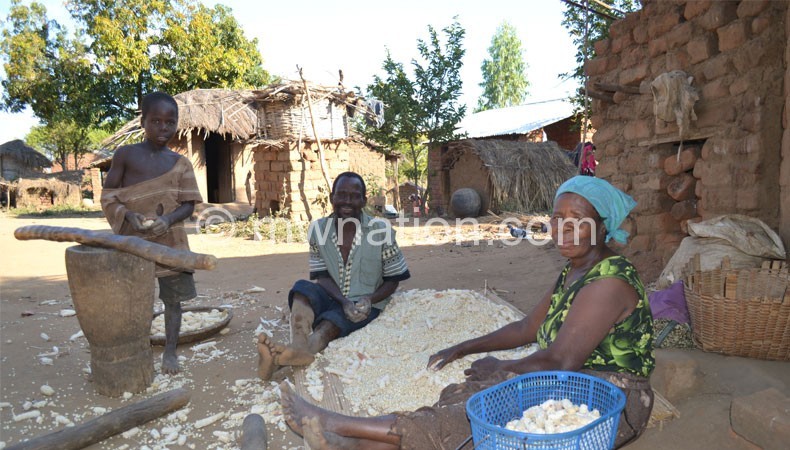Food security still challenge in Comesa region

Despite the signing of a Free to Trade Area Agreement, Common Market for Eastern and Southern Africa (Comesa) member states, have continued to impose trade barriers a major impediment to food security, within the region.
Speaking in Lusaka, during the parliamentary policy seminar on the impact of import and export bans on food security in the East and Southern African, Comesa’s Assistant Secretary General on Programs, Ambassador Kipyego Chehget said he hoped the seminar would help boost regional integration on the agricultural sector.
“Of course this is a sensitisation seminar we believe that the stake holders including the members of parliament who are here, can be sensitised on the importance regional integration particularly on agricultural sector,” Chehget said.
He said the bans on importation and exportation of agricultural commodities like maize and milk which countries ban for one reason or the other inhibit regional integration in the sense that profits could be higher across the border but farmers might not benefiting.
“So we are here to create more awareness so that the issue of banning [agricultural commodities] can be stopped,” he said.
Intra-Africa trade is at meagre percent while with other countries is at 87 percent, according to Argent Chuula, Chief Executive Officer of Alliance for Commodity Trade in Eastern and Southern Africa, (Actesa).
She tipped countries to open up borders for trade since by not opening up the borders the opportunity costs is higher at between 60 to 80 per cent.
“Then there are other losses on exploiting and accessing finance to grow business. And Africa, only accessing 20 per cent of financial requirement for our agri-business in our region, it means 80 per cent is not being tapped and this is because legislation has a very great impact on business growth.
Chuula said if country rules are wrong then “anyone can do what they want because the rules are wrong and if they are right, it means they can work on rule base kind of business and rule based development paradigm and that is what we are advocating.”
—Paida Mpaso is reporting from Lusaka, Zambia





